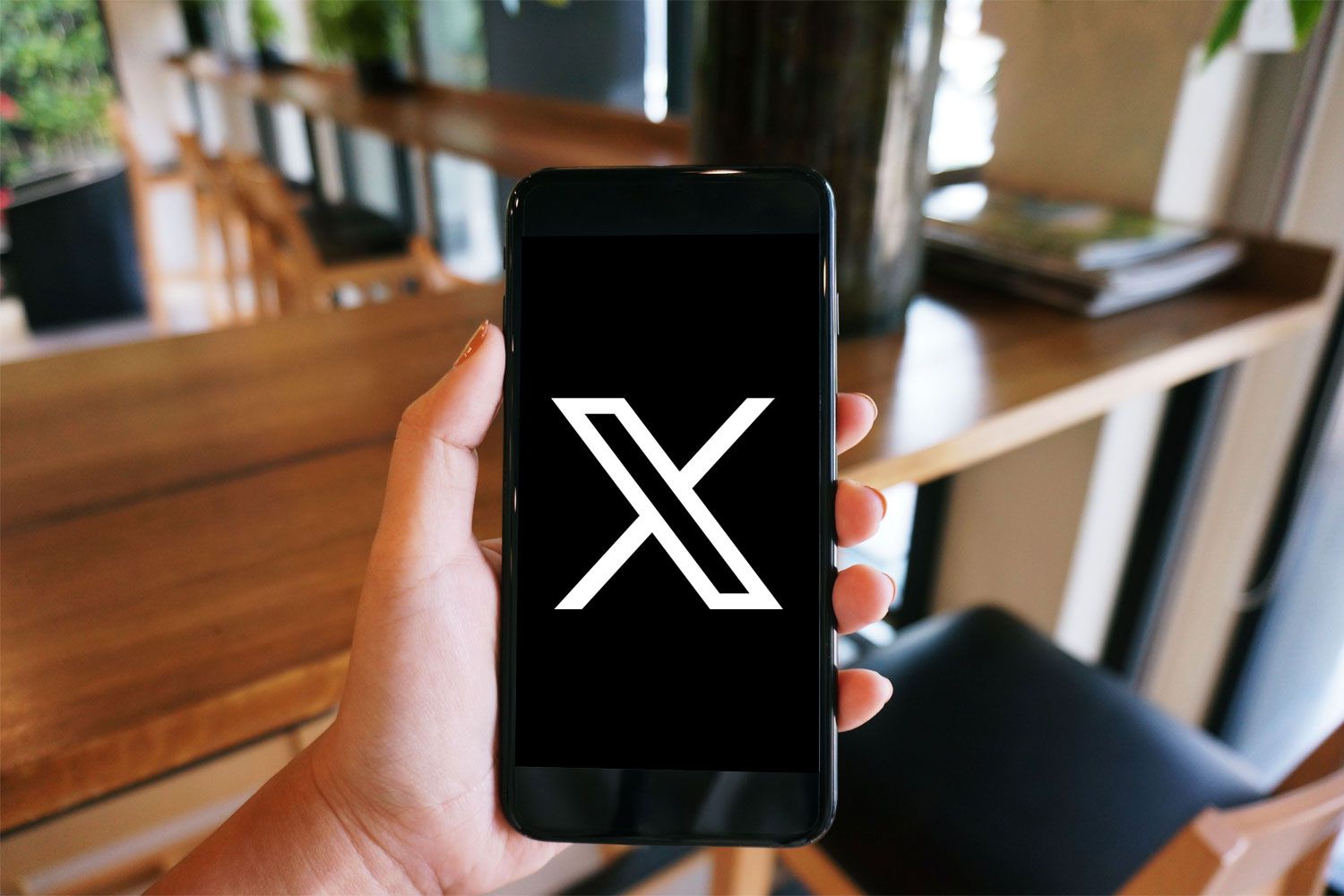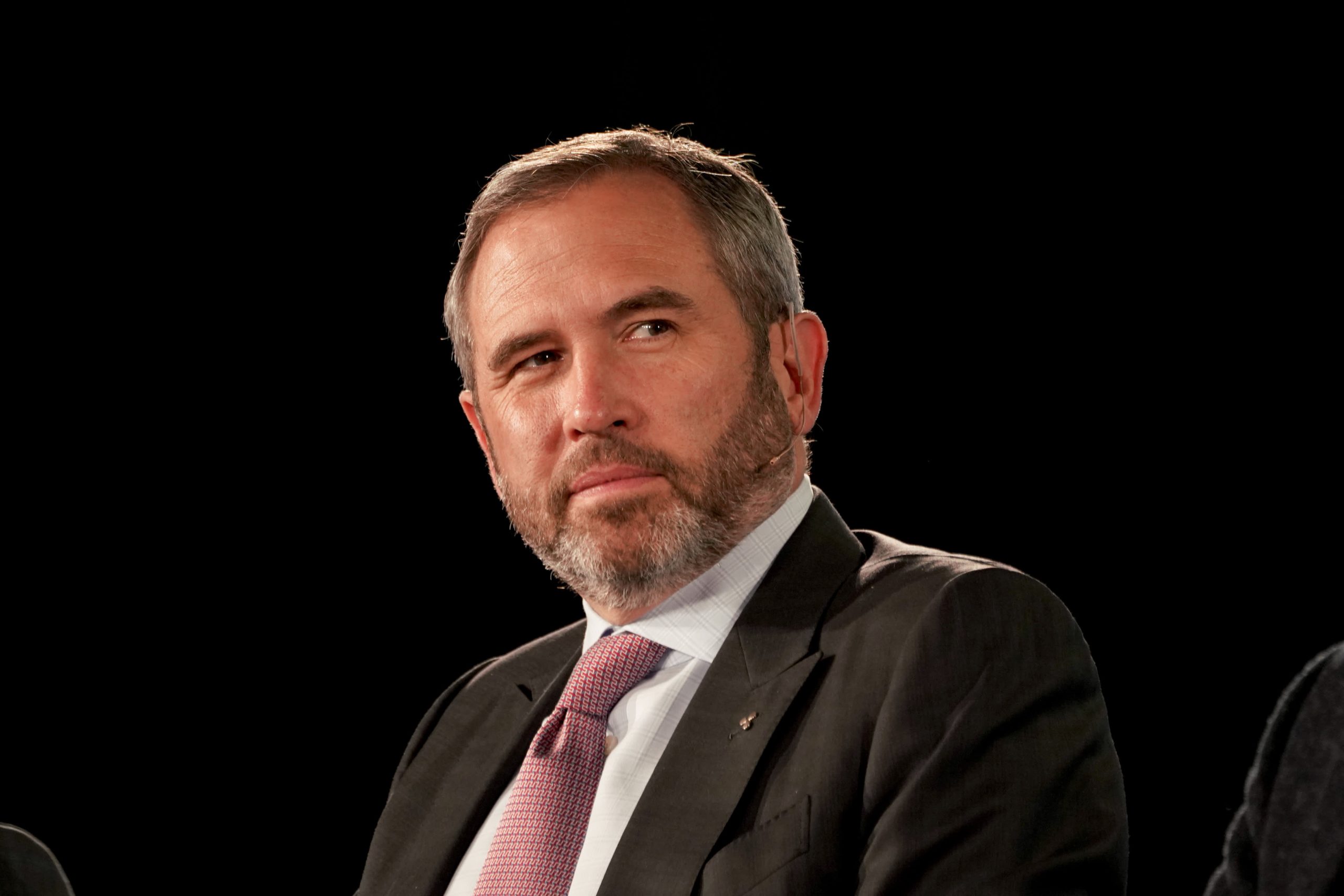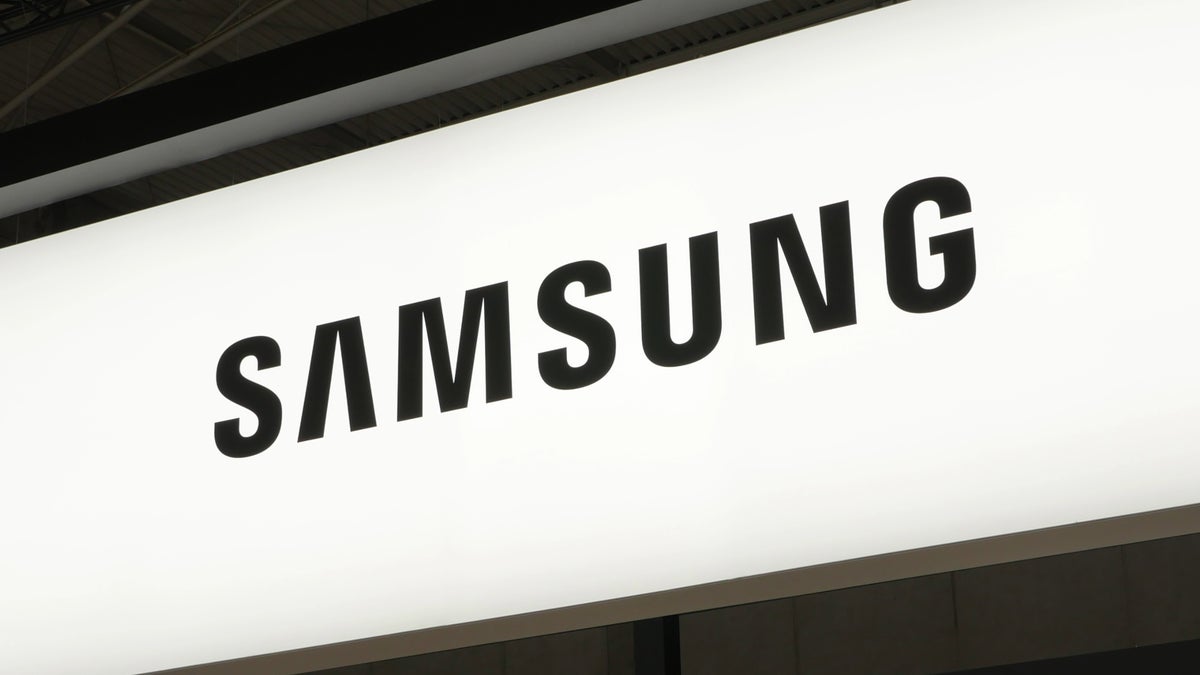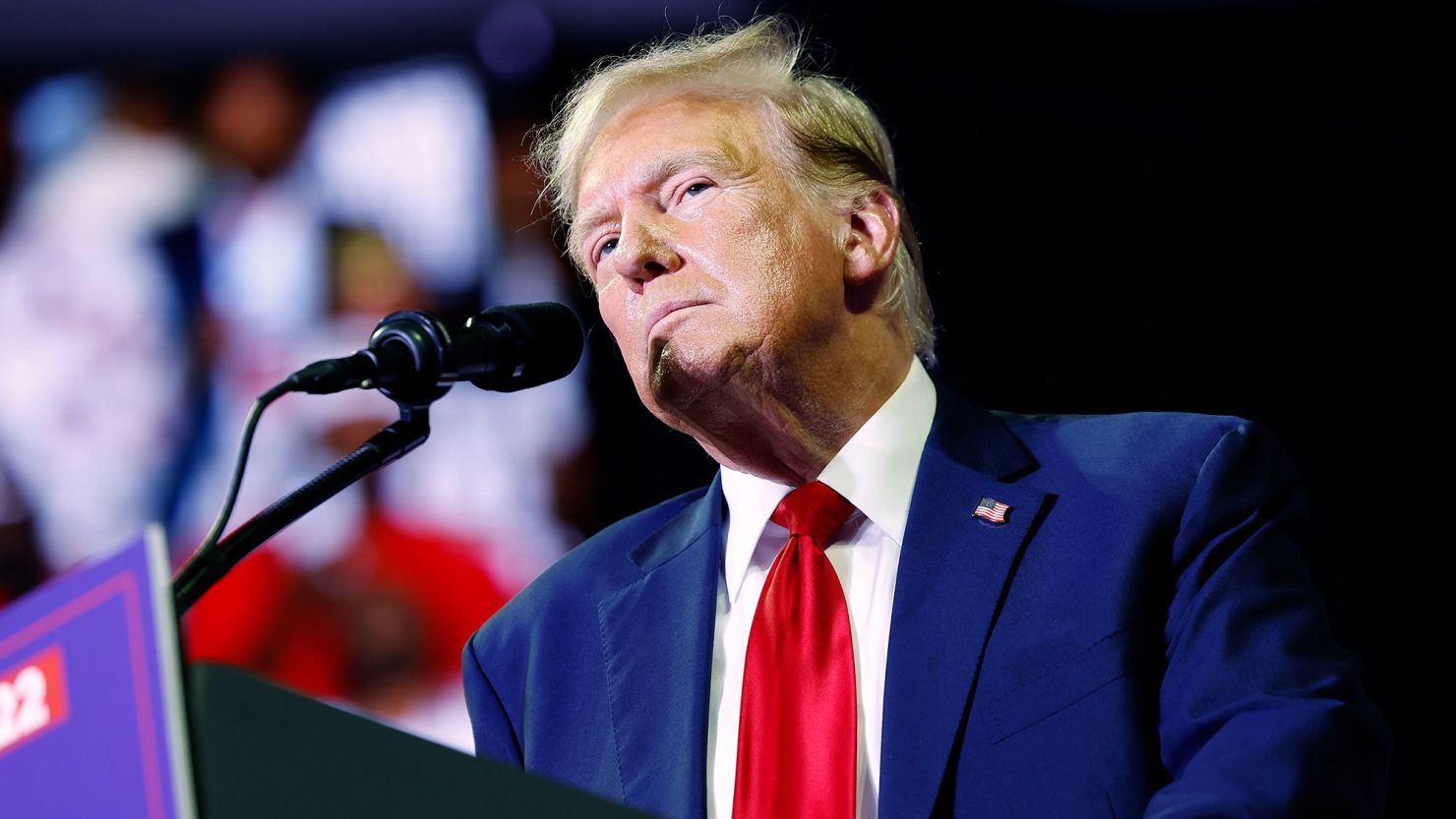The Food and Drug Administration (FDA) issues warning letters to enforce regulations, with some letters remaining private for weeks or months. Companies typically have 15 days to respond to these warnings. Issuance of warning letters often follows extensive periods during which companies are given the opportunity to rectify issues.
Discover Fresh Foods LLC, located in Greenville, South Carolina, has received a warning from the FDA due to significant regulatory violations. These violations include multiple positive Listeria test results from the FDA, USDA FSIS, and the Florida Department of Agriculture and Consumer Services (FDACS). These issues were detected in the company’s ready-to-eat (RTE) manufacturing facility and products.
The company produces refrigerated RTE dips and spreads. An inspection conducted from December 11, 2023, to January 22, 2024, uncovered serious breaches of the Current Good Manufacturing Practice, Hazard Analysis, and Risk-Based Preventive Controls for Human Food regulations. Environmental samples collected during this inspection revealed the presence of Listeria monocytogenes, a pathogen that poses serious health risks.
The inspection findings, detailed in a June 26, 2024, warning letter, included an FDA-483 form listing deviations observed. Major violations involved inadequate preventive controls for hazards, particularly concerning Listeria contamination. The firm’s safety plan lacked effective measures to prevent pathogen recontamination and ensure sanitary conditions.
Listeria monocytogenes is a widespread bacterium capable of contaminating food processing facilities and causing listeriosis, a severe illness. Despite the severity of the contamination, no clinical illnesses have been linked to the company’s products. However, environmental samples collected on December 13, 2023, showed the presence of Listeria monocytogenes and Listeria innocua on non-food-contact surfaces.
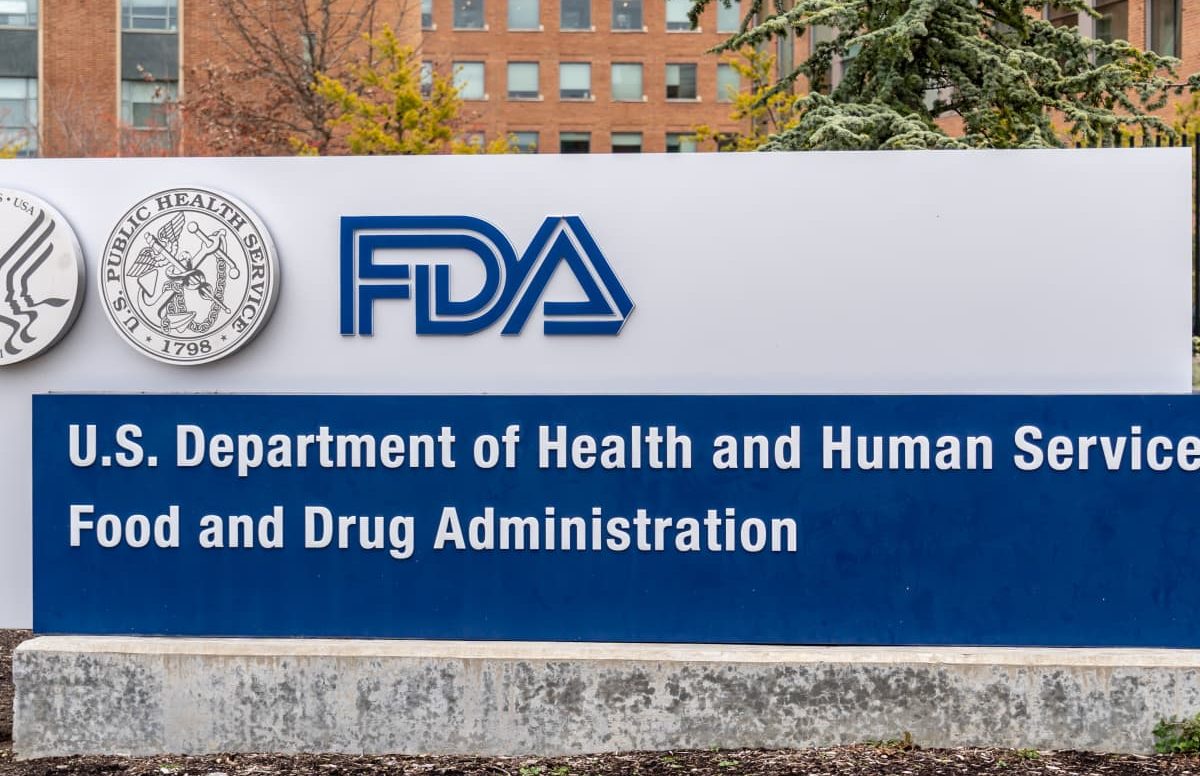
The USDA FSIS had previously detected Listeria monocytogenes in the company’s products and environmental samples in 2018 and 2023. FDACS also found the pathogen in a retail sample in 2017. The repeated presence of Listeria monocytogenes suggests long-term contamination issues within the facility.
In response to the FDA’s findings, the company implemented various corrective actions, including intensified cleaning, sanitation upgrades, and changes to their food safety practices. Despite these efforts, further detections of Listeria monocytogenes occurred, including in finished products, indicating that the corrective measures were insufficient.
Whole Genome Sequencing (WGS) of Listeria monocytogenes isolates from various samples indicated that a single strain has persisted in the facility since at least November 2017. This persistence points to an unresolved contamination issue within the company’s environment.
On March 18, 2024, USDA FSIS identified Listeria monocytogenes in both finished products and environmental swabs. The strain was consistent with the one found in previous years. This continued presence despite corrective measures suggests that the company’s efforts to address the contamination have been inadequate.
Further investigations revealed that a piece of equipment, which had been previously removed due to contamination concerns, was reintroduced into the processing area. This reintroduction is believed to have contributed to the recontamination of products.
The FDA remains concerned about the company’s ability to maintain a sanitary environment and implement effective controls. Recommendations include continuing to identify and address potential harborage sites and improving procedures to prevent Listeria contamination. The firm has been urged to enhance its sanitation practices and ensure that such issues do not persist.

